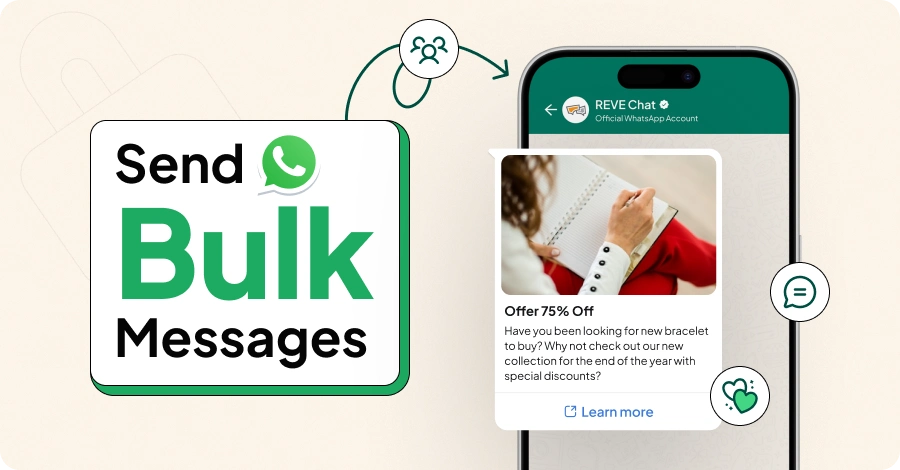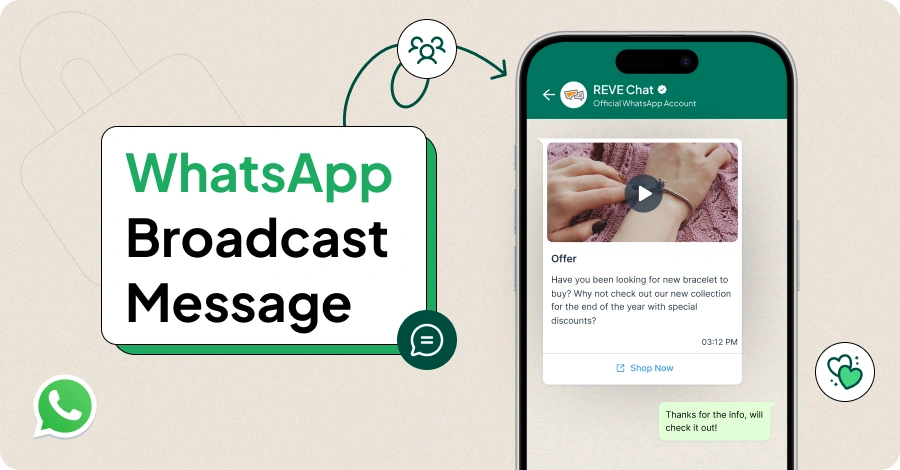Marketing Strategies: Definition, Types, and Examples
- July 4, 2023
- 17 mins read
- Listen

What is Marketing Strategy?
Marketing strategy refers to a set of actions and decisions that businesses take to achieve their goals and maximize their competitive advantage. It involves creating a broad plan to promote and market products and services effectively. From identifying target markets to understanding customer needs, a marketing strategy can involve many things that align the company’s goals with customer needs.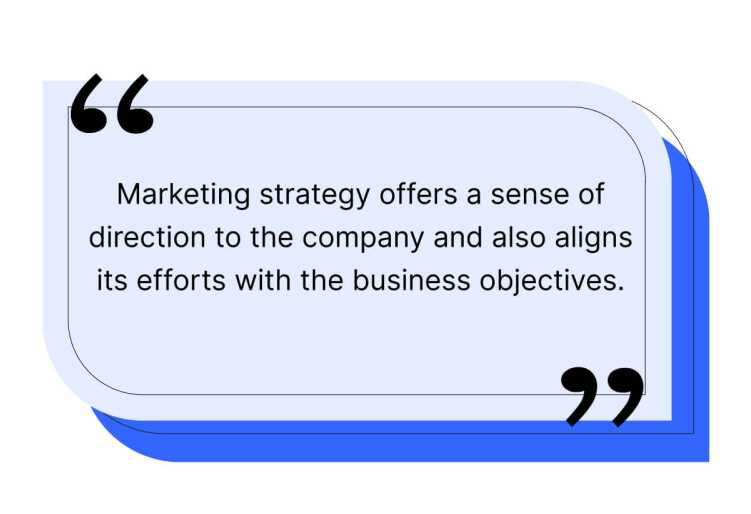 The purpose of devising and implementing a marketing strategy is to run the business based on a complete understanding of the market, and after identifying target segments and evaluating market trends. A business that has developed marketing strategies is able to tailor their resources and efforts more efficiently.
The purpose of devising and implementing a marketing strategy is to run the business based on a complete understanding of the market, and after identifying target segments and evaluating market trends. A business that has developed marketing strategies is able to tailor their resources and efforts more efficiently. Why Does Marketing Strategy Matter?
A robust marketing strategy is essential for a business to successfully navigate the challenging and dynamic business environment. It helps in connecting with the target audience, leveraging market opportunities, and gaining a competitive advantage.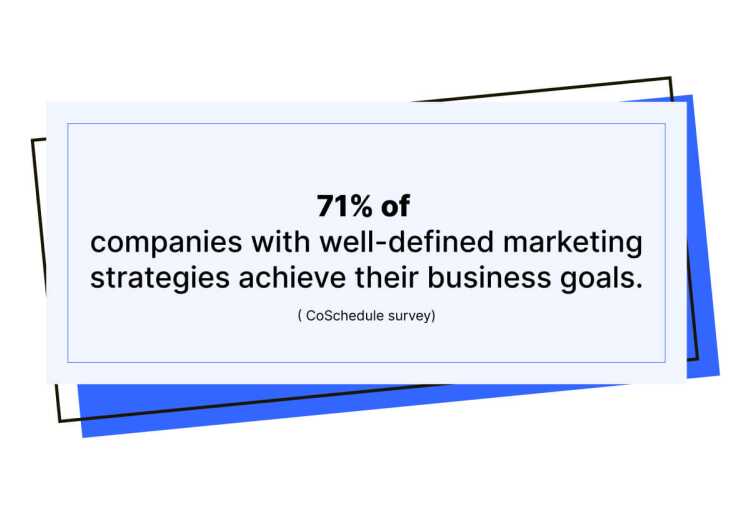 There are several reasons suggesting why marketing strategy matters –
There are several reasons suggesting why marketing strategy matters – - Marketing strategy offers a sense of direction to the company and also aligns its efforts with the business objectives.
- A business that runs by marketing strategies is able to better meet customer needs and achieve higher customer satisfaction.
- Having a well-defined marketing strategy ensures that the company is aware of the competitive landscape, understands the market well, and knows unique selling points.
- Products and services can be positioned effectively only when a business has developed a marketing strategy in advance.
- Resources can be invested wisely and in high-yield activities only when an organization has identified the target markets and marketing channels.
- When a market is analyzed and its trends are understood, it helps in identifying gaps in the market that can be leveraged to achieve success and growth.
- A competitive edge is gained when a business develops new products and adapts its marketing approach to suit the marketing opportunities.
The 5 Ps of Marketing Strategy
The 5 Ps of marketing strategy are key elements that a business needs to consider when creating a marketing plan. They work as a framework to develop and implement marketing strategies effectively. The 5 Ps are as follows: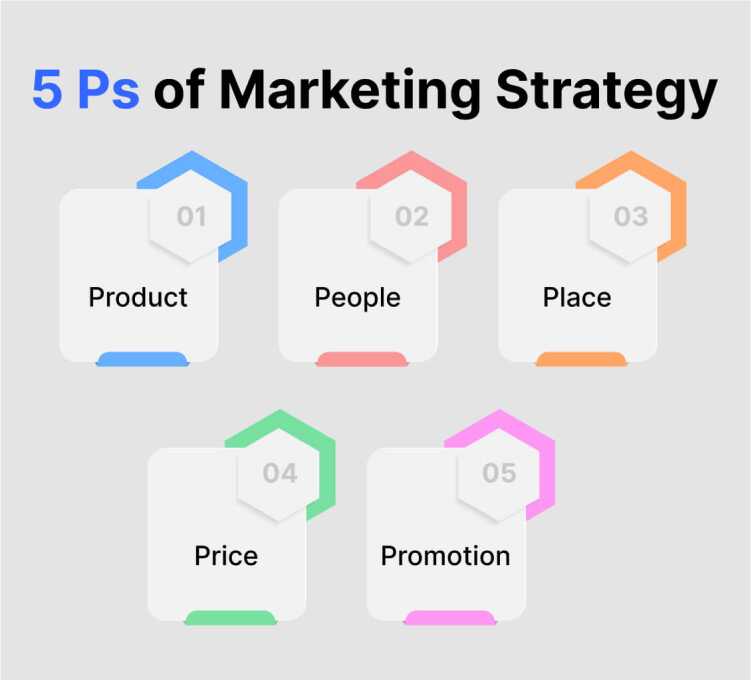
1. Product
All the decisions regarding product design, quality, features, packaging, and branding fall under this category. A business needs a solid product marketing strategy to position its products effectively and ensure value to buyers.2. Price
The key to an effective pricing strategy is to determine the amount of money customers would love to pay for your products and services. All the pricing strategies in marketing, including the pricing models, discounts, etc. must consider key factors such as production cost, competitor pricing, and affordability. Together, these factors constitute effective price optimization that helps to maximize revenue.3. Promotion
Promotion is a key part of full funnel marketing growth strategies as it involves analyzing and evaluating all the marketing and advertising activities that help promote the product to the target audience. A robust promotion strategy needs to be in sync with the brand positioning and the target market.4. Place
The place is a vital element of the marketing mix that refers to the tactics, channels, and methods contributing to making the products available to customers. It involves all the decisions in regard to distribution channels so that the product reaches the target market in a convenient manner.5. People
The “people” aspect of marketing strategy refers to all the individuals who interact and engage with the target audience and contribute to the delivery of a product or service. It focuses on the importance of customer service and interactions.Types of Marketing Strategies
A business can build brand awareness, promote its products or services and engage with its target audience using one of several types of digital marketing strategies. The selection of the right strategy will depend on the business objective and marketing goals. Here are popular forms of online marketing strategies –Content Marketing Strategy
The form of marketing that is driven by content is called content marketing. This marketing is concerned with creating and distributing information and value-addition content for customer engagement. Whether to interact, engage and delight the audience, content marketing can help achieve all the goals. Plus, content marketing costs 62% less yet generates three times as many leads as traditional outbound marketing.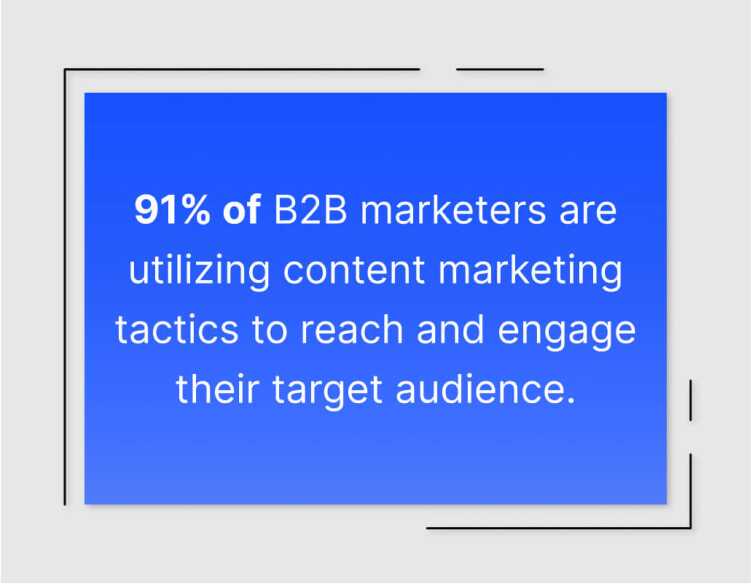 Some of the popular forms of content used include blog posts, articles, e-books, videos, visual guides, and more. These content types are strategically used to build brand authority and nurture relationships with customers. The use of content is also done to create thought leadership in the industry.
Some of the popular forms of content used include blog posts, articles, e-books, videos, visual guides, and more. These content types are strategically used to build brand authority and nurture relationships with customers. The use of content is also done to create thought leadership in the industry. Email Marketing Strategy
Email continues to be a dominant tool for marketing. Using the power of email, a business can send targeted messages to a select group of subscribers and make their marketing more effective. Email marketing strategies are a great way to deliver personalized content and nurture leads. Brands can also use it to promote offers and build loyalty.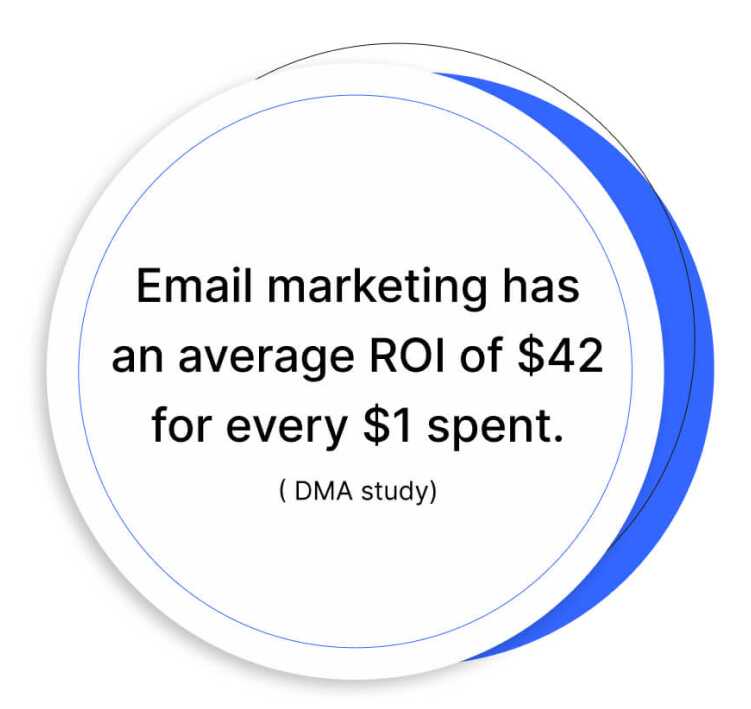 More so, email campaigns can be launched to send newsletters, provide product updates, etc. Plus, this form of marketing is so effective that as many as 69 percent of marketers use email marketing to disseminate their content.
More so, email campaigns can be launched to send newsletters, provide product updates, etc. Plus, this form of marketing is so effective that as many as 69 percent of marketers use email marketing to disseminate their content. Search Engine Marketing (SEM) Strategy
Search engines have been among the most dominant marketing channels for brand promotion. Brands use paid ads to appear on the top pages of search engines. Doing this can improve their visibility notches up and bring them in front of the target audience. One of the key highlights of search engine marketing is to drive targeted traffic and achieve immediate visibility. You can use strategies for Facebook marketing and Instagram and leverage the vast potential of social platforms.Affiliate Marketing Strategy
Businesses have long been leveraging the reach and marketing efforts of affiliates to expand their reach and customer base. This form of marketing is about partnering with an affiliate/s with the view to getting wider coverage for the products and services. In affiliate marketing, the collaboration is based on the payment on each sale or each lead generated by the affiliate for the business.Social Media Marketing Strategy
Over the years, social media channels have grown a lot, becoming a key avenue for brands to market their brand and engage with the audience. These channels provide a great platform to connect and interact with customers, both potential and existing and achieve marketing targets easily. Using social media marketing strategies, a business can create and share content with a global audience too, without spending much. Targeted ads can also be run to attract the audience. More so, followers can be interacted with to promote the offers and solve their issues, if any. A comprehensive social media marketing strategy often involves these three channels –- Facebook Marketing Strategy – Facebook is the most popular and most widely used social platform in the world with over 3 billion daily active users. So, it has obviously been a top choice for brands to market their products and service on Facebook and boost engagement and conversion. The purpose of devising a Facebook marketing strategy is to promote your business on Facebook to build brand awareness, gather leads and sell more products and services.
- Instagram Marketing Strategy – Instagram is a popular platform with over 1 billion monthly active users. This gives businesses a great opportunity to leverage this platform and connect with a large audience. The visual nature of this platform helps in showcasing products and services through compelling images and videos. Higher engagement rates are a top reason why brands devise marketing strategies for Instagram and build brand awareness.
- LinkedIn Marketing Strategy – LinkedIn is the most trusted platform for connecting and networking with professionals, industry peers, partners, and influencers. As a professional social networking site, it gives great opportunities for business development and lead generation. Companies often devise robust LinkedIn marketing strategies to build relationships and target the audience based on various professional attributes.
Effective Marketing Strategies for Small Businesses
There was a time when small businesses found it hard to compete with the might of big enterprises, but any anymore. The changing landscape of marketing strategies, coupled with the arrival of online avenues, has ensured a label-playing field. Today, small businesses have a variety of marketing strategies to benefit as much as their counterpart. Here are some of the key marketing strategies that small businesses could use –1. Local Marketing
For small businesses, local marketing is among the best approaches to understanding and engaging with their local community. It helps in building a lasting relationship with the target audience and connecting with the immediate community.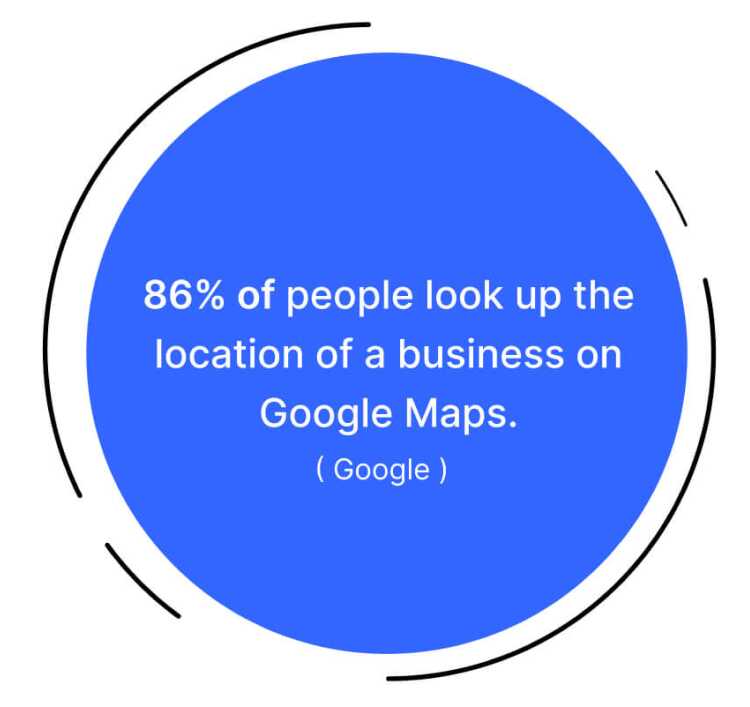 Key Strategies
Key Strategies - Collaboration with other local businesses, doing cross-promotions, and utilizing each other’s customer base is key to a successful marketing strategy.
- List the business on popular online directories such as Yellow Pages, Google My Business, etc as it will improve the visibility in local searches.
- Benefit from local SEO by using location-specific keywords in your website content, URLs, and meta tags as it will improve local search rankings.
2. Referral Marketing
Referral marketing is based on the foundation of leveraging the existing customer base to gain new ones. It uses the assumption that satisfied customers could be a great driver for new business. With a well-crafted referral marketing program, a business can maximize its existing customer base and drive the growth of your business without much investment.Key Strategies
- Offer incentives to customers so that they show a willingness to refer your business to others.
- Design a proper referral program and show how to make the referral and how to earn the awards.
- Promote your referral program and highlight its benefits so that more of your customers feel encouraged and inspired to join it.
- Maintain a strong bond with your loyal customers, engage with them, and nurture the relationships as some of them will surely refer your business to others.
3. Online Marketing
Online marketing is an umbrella term for a wide range of strategies that small businesses can employ for promotion on the Internet. Unlike traditional forms of marketing, it is cost-effective and measurable with the potential to boost visibility in a quick time. With well-rounded online marketing communication strategies, a small business could increase ROI and also achieve the desired growth.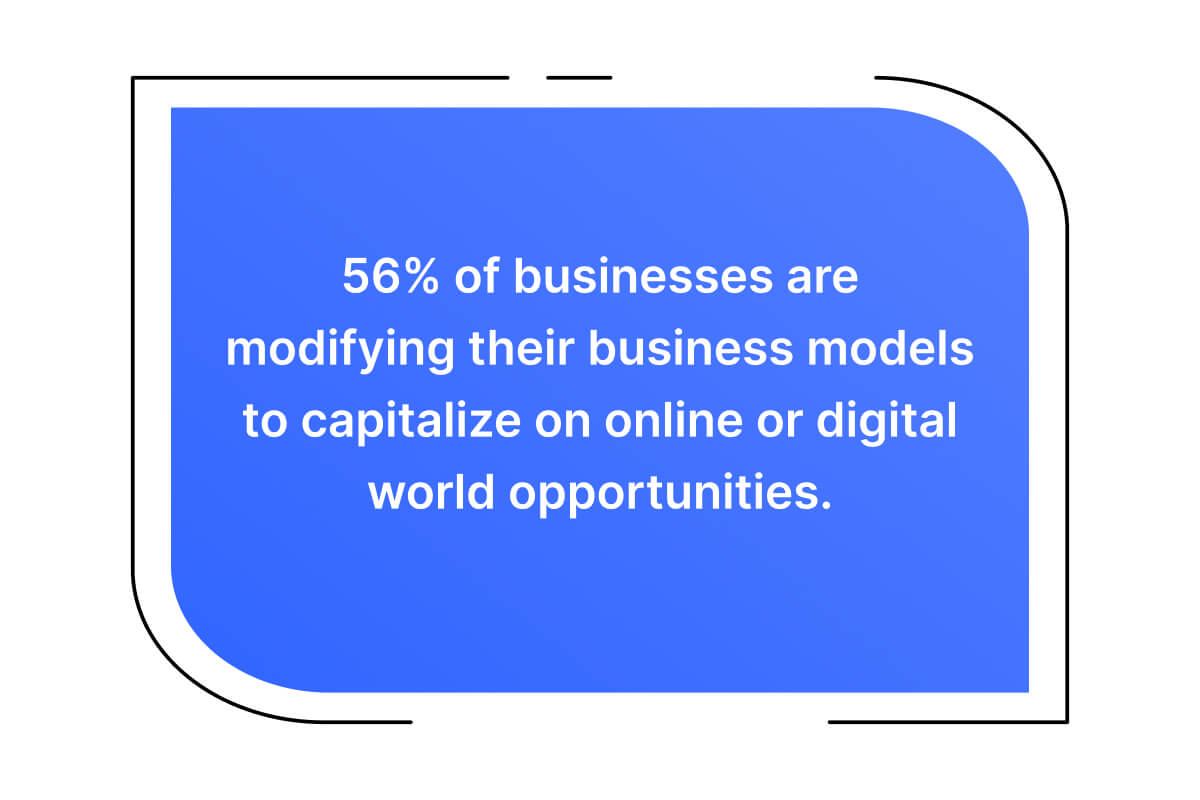
Key Strategies
- Create a user-friendly website to share your product information with potential customers and then optimize the site for SEO using relevant keywords.
- Create quality content and share it across channels to engage, entertain and inform customers.
- Utilize paid ads or PPC and make your business appear in top search engine results for specific keywords.
- Learn about marketing strategies of Facebook and other social channels to reach a wider audience.
- Leverage the established marketing strategies of Instagram to build brand awareness and drive traffic to your website.
4. Online Networking & Communities
Online networking and communities is a great marketing strategy for small businesses to build relationships, offer value and contribute to ongoing conversations. It’s a good way to form connections that can gradually pave the way for collaborations and a stronger network in the industry. The key is to join digital platforms and spaces where people and brands with shared interests connect and collaborate. Using these platforms, a small business can do knowledge sharing and build meaningful relationships.Key Strategies
- Join relevant platforms like Reddit, Facebook, or LinkedIn to align with your niche and share insights with like-minded individuals.
- Focus on sharing valuable content and offering expertise as that can lead to business opportunities down the line.
- Contribute to relevant message boards and online forums with the view to positioning yourself or your business as an expert in the industry.
5. Public Relations (PR)
PR is a popular form of marketing strategy that small businesses often use to build brand awareness and boost credibility. The key to public relations is to engage with the target audience by having a well-defined message and leveraging target media outlets and influencers. More so, PR efforts can be combined with other forms of digital marketing strategies such as content and social media marketing strategies to develop an inclusive and holistic strategy.Key Strategies
- Gain visibility and recognition through strategic media placements, press releases, and featured articles.
- Position yourself as an industry authority by using activities such as media interviews and expert commentary.
- Leverage the power of storytelling and craft engaging narratives that can connect with your target audience.
7 Steps of Marketing Strategy Process
A marketing strategy process involves seven steps that together can help your business develop an effective marketing strategy. By using these processes, you can devise a marketing strategy that not only aligns with your business goals but can also drive meaningful results.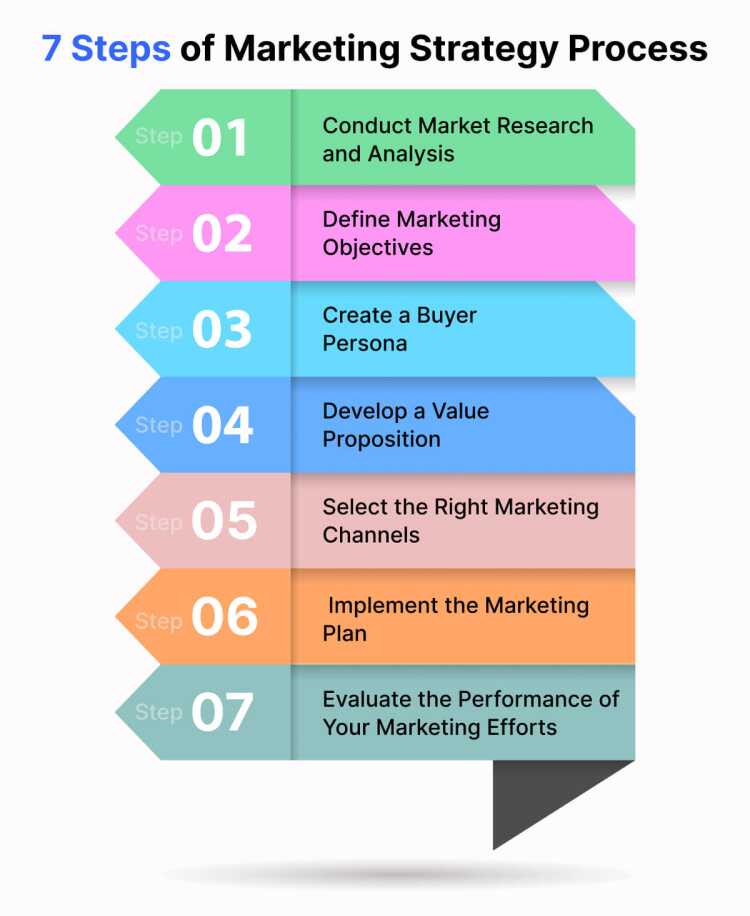 Here are the 7 steps of a marketing strategy process –
Here are the 7 steps of a marketing strategy process – 

